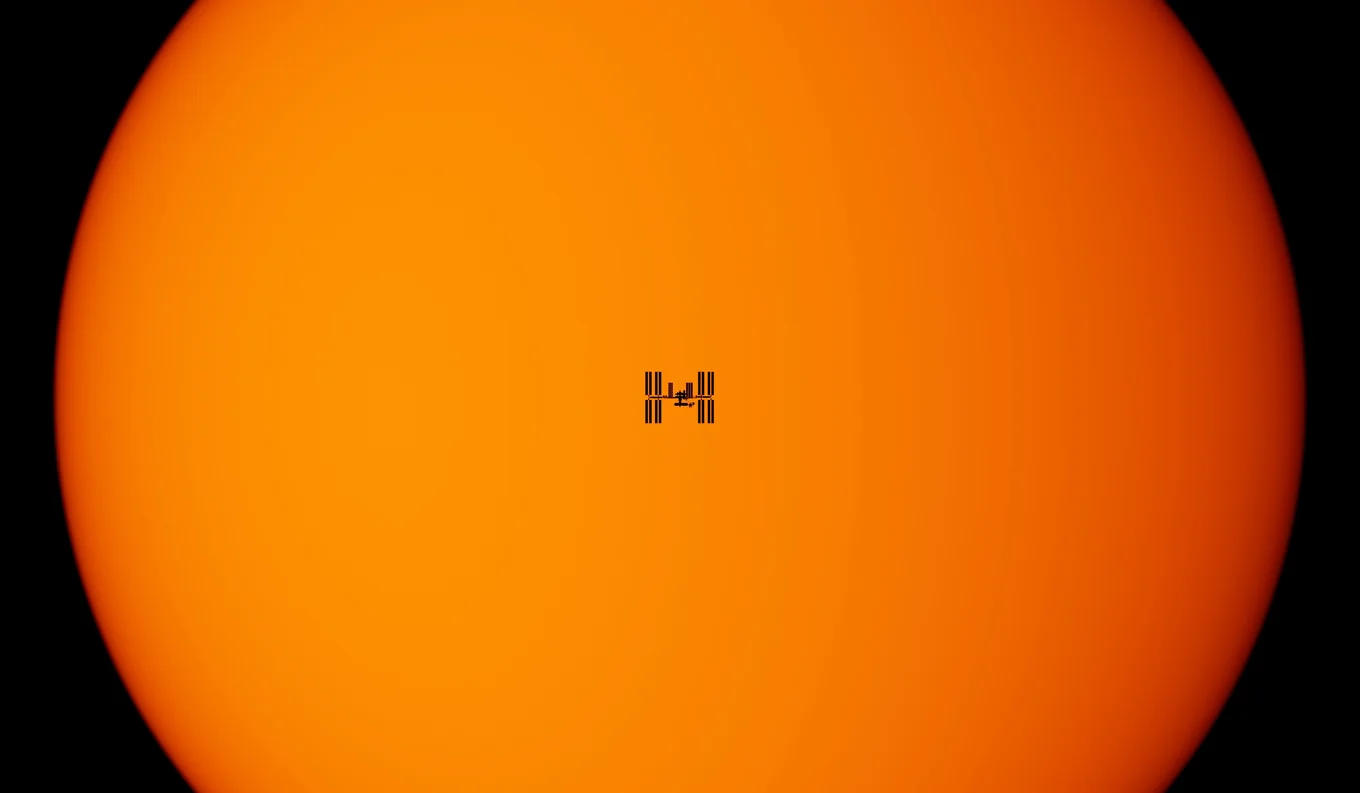
Announcing the ORCHIDE Project: Powering Satellite Innovation

Communications Officer
It has been a few months since we announced our new product for both older and newer models of satellites: SpaceOS. Since then, there have been exciting updates to the use of SpaceOS for innovative satellite applications.
Tarides is thrilled to announce our partnership with several esteemed organisations in the earth observation and space technology sector: Thales Alenia Space France, University Politechnica of Bucharest, KpLabs, and Thales Romania. Under the banner of project ORCHIDE, part of the EU HORIZON CL4-2023-SPACE-01-11 programme, Tarides and its spinout company Parsimoni will collaborate on high-performance secure-by-design software solutions tailored to the challenges of space.
The Changing Landscape of Satellite Solutions
New satellite technologies open up new use cases – making satellites accessible to a much wider audience. The future of the market emphasises smaller, low-cost satellites, reducing the cost of services for end users. On-board data processing is also key as transferring large amounts of data from satellites is getting more and more challenging (for example due to radio wave limitations).
These modern satellites must also be reactive and dynamic, with reprogrammable designs that allow multiple users to share hardware and deploy their own applications, driving costs down. More satellites have been launched into space in the last two years than ever before enabling new (and lower cost) business use cases.
To support this increased demand, updated software solutions are required. Software in space needs to be secure as a remote hack could be catastrophic, and resource-efficient to maximise the use of limited energy and memory. This is where unikernel technology, with its light-weight structure and security features, is a game changer.
Unikernels strip down the operating system to only the necessary components required by the application, resulting in smaller and more efficient applications tailored to specific use cases. For example MirageOS, an OCaml-based operating system that constructs unikernels, the smaller attack surface in combination with OCaml’s strong safety features illustrates the cybersecurity benefits of unikernel technology.
The Future is Bright
The solutions resulting from the ORCHIDE project will enable the satellite industry to use edge computing resources with great flexibility whilst maintaining high levels of security. As a result, operators can scale production more efficiently, creating significant value for users of earth observation data.
ORCHIDE heralds a new era in satellite deployment, with lower barriers to entry, greater flexibility and security, and new opportunities for both operators and end users.
We will keep you updated on our projects in space, so stay tuned to our blog! You can sign up for our newsletter for monthly updates, and follow us on Bluesky and LinkedIN to stay à jour with everything Tarides.
Open-Source Development
Tarides champions open-source development. We create and maintain key features of the OCaml language in collaboration with the OCaml community. To learn more about how you can support our open-source work, discover our page on GitHub.
Explore Commercial Opportunities
We are always happy to discuss commercial opportunities around OCaml. We provide core services, including training, tailor-made tools, and secure solutions. Tarides can help your teams realise their vision
Stay Updated on OCaml and MirageOS!
Subscribe to our mailing list to receive the latest news from Tarides.
By signing up, you agree to receive emails from Tarides. You can unsubscribe at any time.
